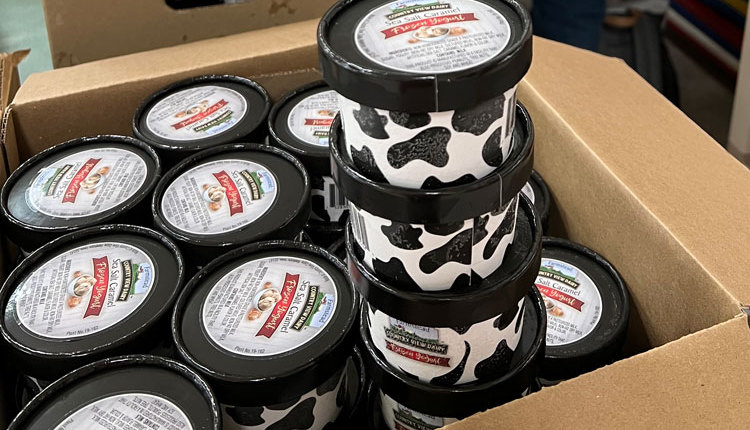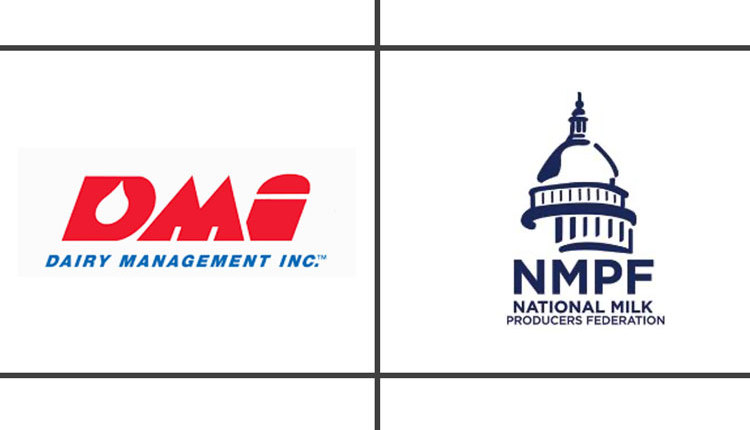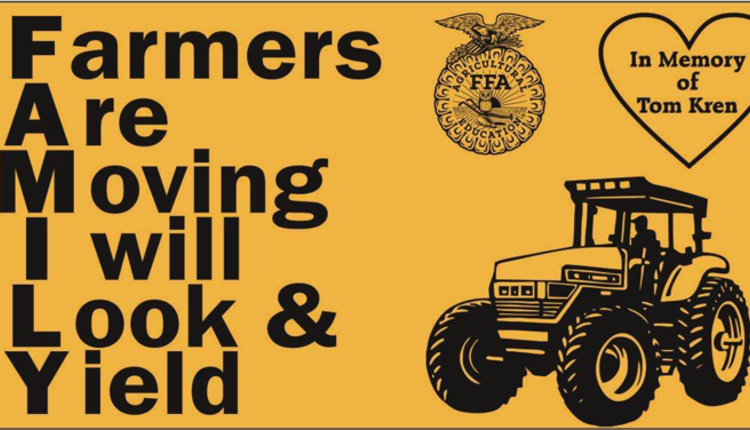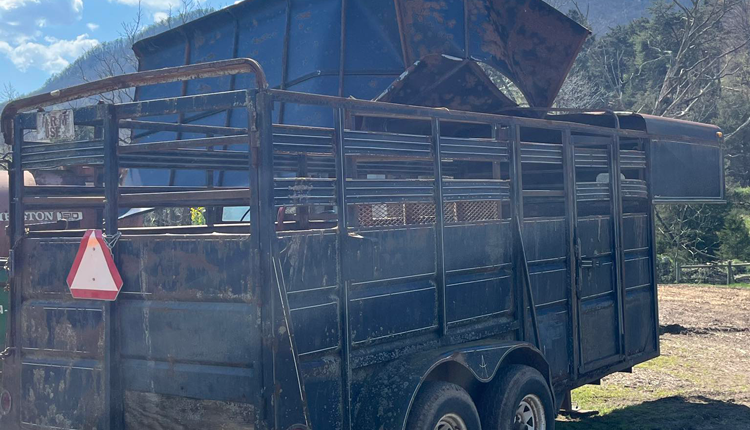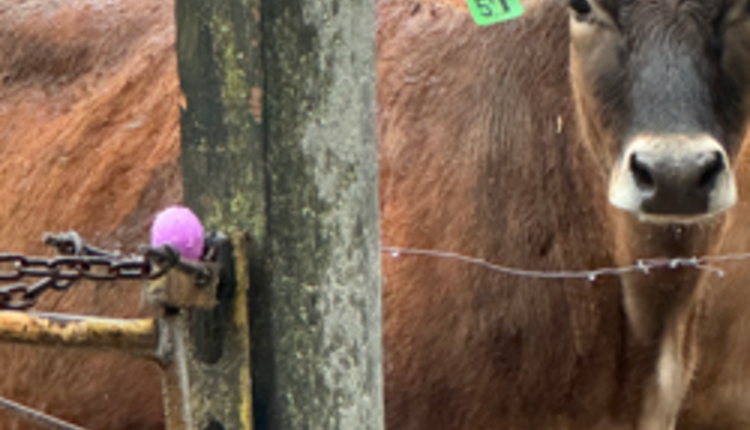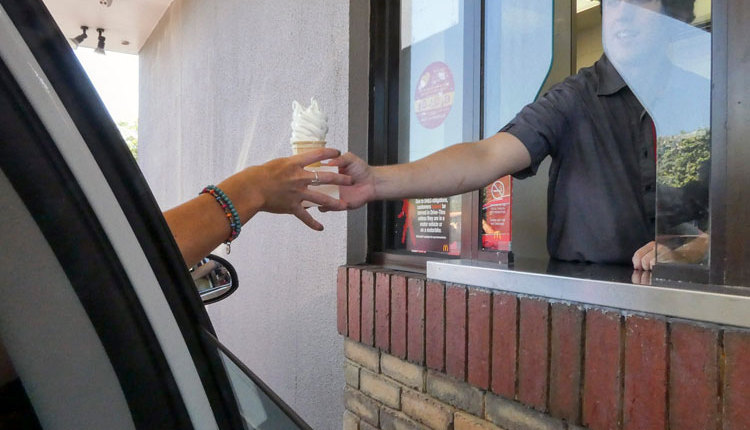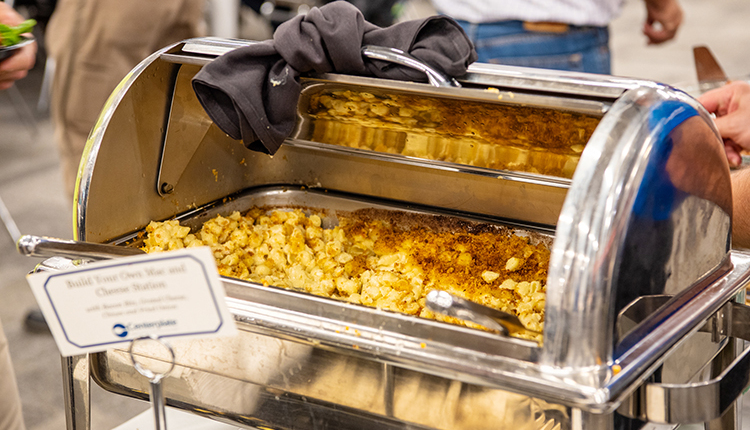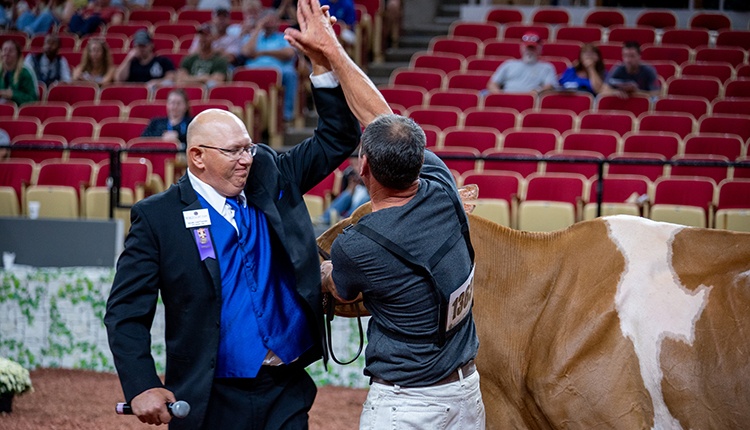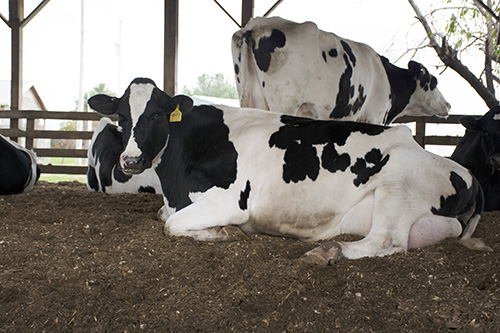
When Dee Griffen, a veterinarian and professor at the University of Nebraska, was growing up on his family's farm, he remembers his mother bringing calves and pigs that needed extra attention into the house. The compassion both his mother and father had for animals left a long-lasting mark on Griffen.
"Our parents instilled proper animal care in us," he said. "Treating cattle well from a young age is just a matter of business. It's just what you do."
Griffen spoke about the importance of animal care during his presentation at the University of Wisconsin-Extension's Dairy and Beef Well-Being Conference. It's always been the right thing to do, but now the care animals receive has found its way into the media spotlight.
"The headlines about us are ugly," he said. "We have lots of people that don't like us, and some of them are legitimate." Consumers may question many agricultural practices, but animal care seems to pull at their heartstrings the most. "Cattle abuse is their knockout punch," he noted.
Some on-farm practices may never be fully understood by consumers, but we may need to rethink others. We can say we care for our animals, but it may not appear that way to the skeptical customer.
"Our heart can be in the right place, but our actions may speak so loudly that they can't hear our words," Griffen explained. "We must acknowledge that some of these practices hurt." One example he used was branding, which may be considered a necessary form of identification for some farms. Branding may need to be done, but it is still a hot brand.
We have to be able to justify our procedures to ourselves and our customers. "If people don't trust us, we don't have a business. People buy what they trust," he said.
Beyond consumer perception, caring for animals is the right thing to do . . . and the most profitable. "You can't have healthy meat if you don't have a healthy cow. A healthy cow makes us money," Griffen said.
"It's simple. Any abuse impacts performance. We sell performance," he explained. "It's one thing to love a cow, but you can't love her if you're out of business."
"It is in our best interest to make every day the best it can be for our animals," he went on to say. "That's our charge for today. If it ain't right, make it right."

The author is an associate editor and covers animal health, dairy housing and equipment, and nutrient management. She grew up on a dairy farm near Plymouth, Wis., and previously served as a University of Wisconsin agricultural extension agent. She received a master's degree from North Carolina State University and a bachelor's from University of Wisconsin-Madison.


